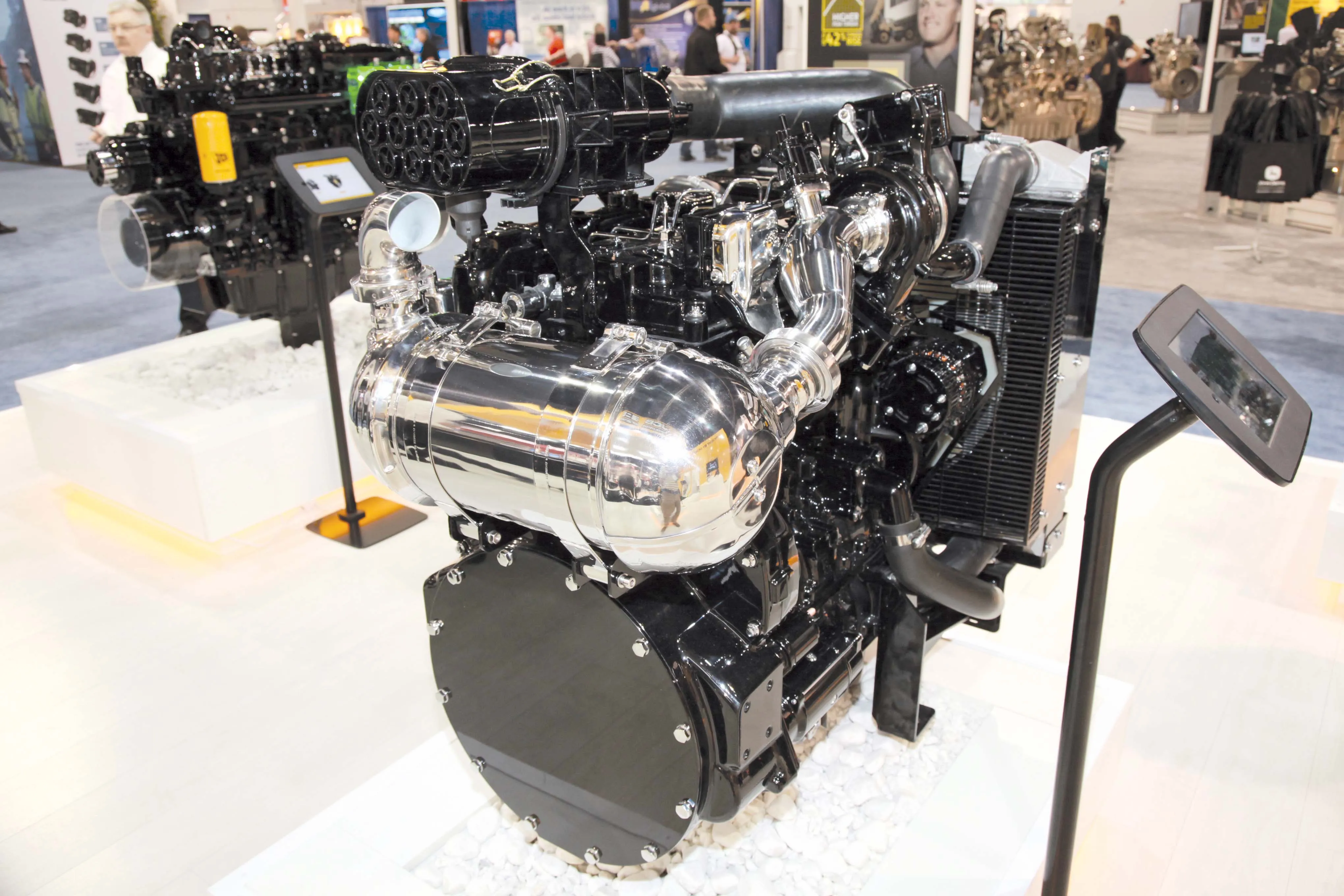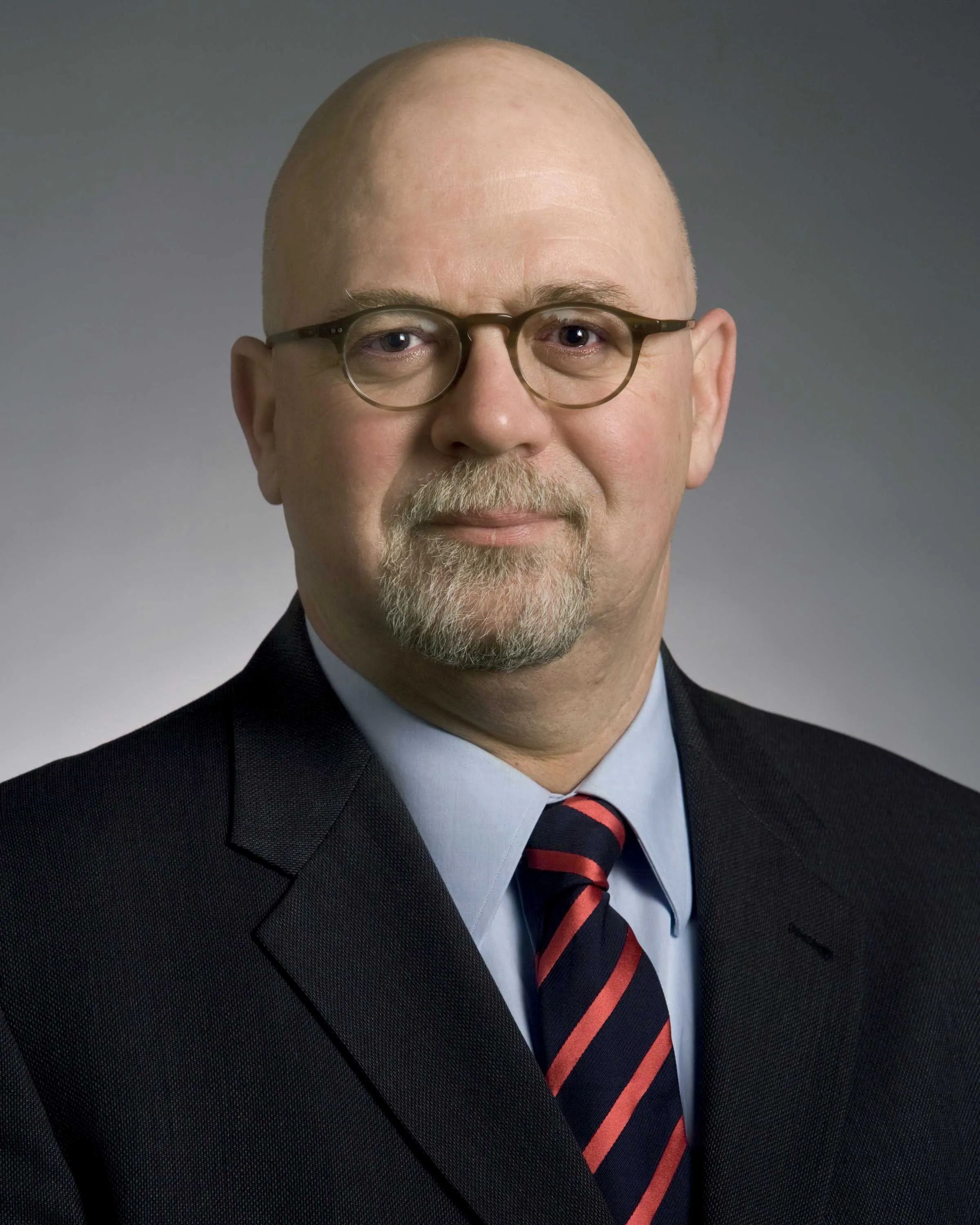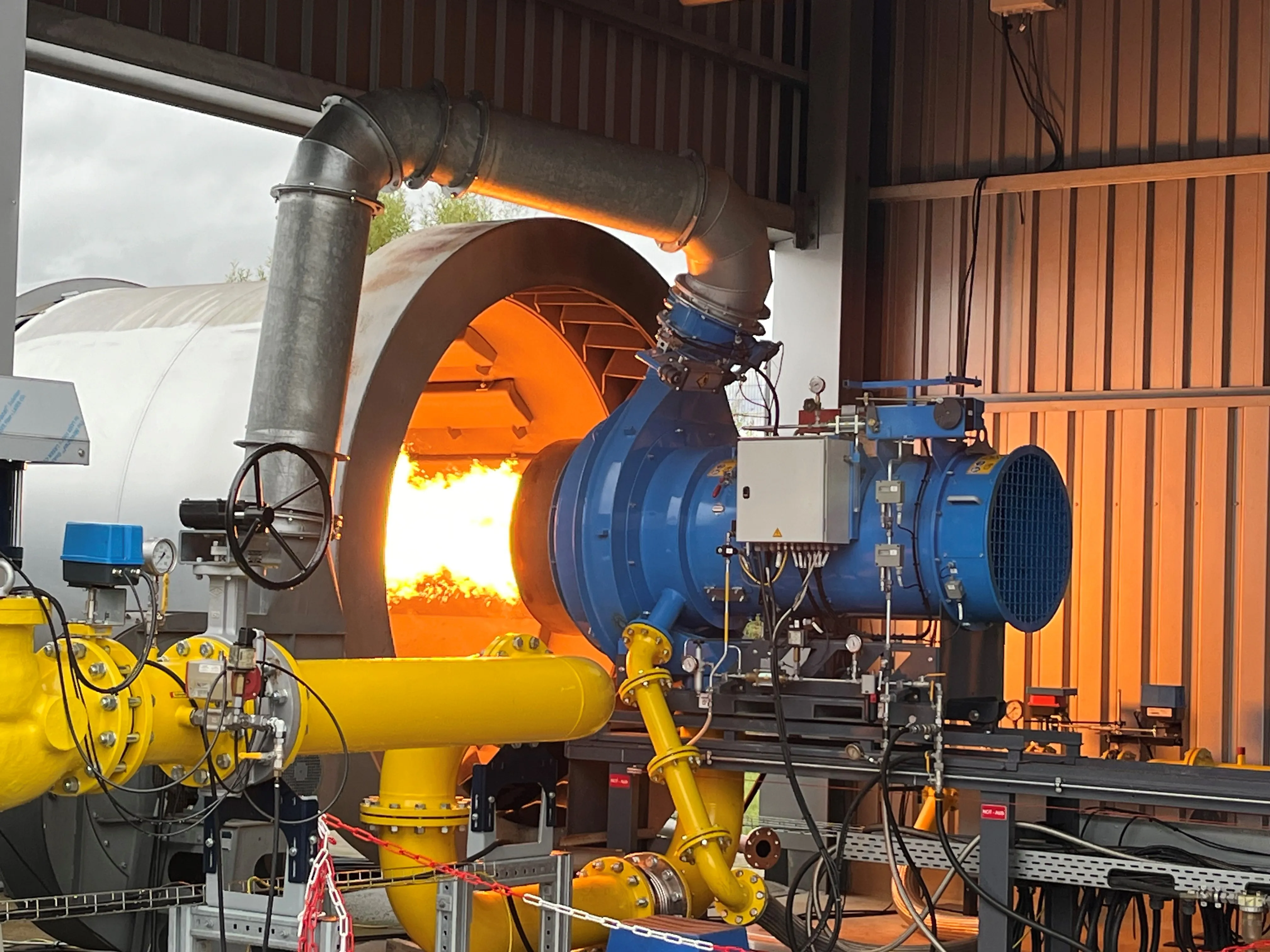Searching questions are being asked within the construction industry of the need for the Tier 4 Interim/Stage IIIB emissions legislation now coming into force. A senior figure within the European construction equipment sector with an executive role at a major manufacturer said, "Who are we doing this for?" He said that there is a need to reduce engine emissions so as to minimise pollution.
February 27, 2012
Read time: 3 mins

Searching questions are being asked within the construction industry of the need for the Tier 4 Interim/Stage IIIB emissions legislation now coming into force.
A senior figure within the European construction equipment sector with an executive role at a major manufacturer said, "Who are we doing this for?" He said that there is a need to reduce engine emissions so as to minimise pollution. However, he explained the benefits of introducing these cleaner running machines into Europe and North America will be totally offset by the increased numbers of non-compliant construction machines being operated in developing nations, particularly China and India.
Some countries, Israel and Switzerland, are even opting to take tougher roles on emissions from construction machines.
An executive from another major manufacturer commented that fuel issues will also cause problems. The Tier 4 Interim/Stage IIIB emission compliant engines require high quality fuel with very low traces of sulphur and which has to be stored correctly so as to avoid contamination. There is major concern that the high quality fuel required will not be available in many countries, particularly in parts of Eastern Europe such as Bulgaria or Romania. Running the machines on low quality, high sulphur fuel will result in rapid wear of fuel systems and early engine failures that are extremely costly to repair.
The fuel issue also means that the secondhand value of Tier 4 Interim/Stage IIIB compliant machines will be affected. The trade in secondhand machines is a worldwide one and equipment is often sold at auction internationally, with machines from Europe or North America then being bought by contractors in developing nations. This trade will stop. Contractors in developing countries will not wish to buy secondhand equipment requiring high quality, low sulphur fuels that cannot be bought locally.
Policing the Tier 4 Interim/Stage IIIB emissions legislation presents another issue of some debate. A number of the major manufacturers in Europe have voiced private concern at the risk of non-compliant machines being sold on the market. In many countries, customs authorities are supposed to check machine imports to ensure equipment meets the legislation but it is questionable whether officials have the skills or knowledge required to determine what is and is not compliant. The major manufacturers will be paying close attention to machine imports because they do not expect the authorities to detect noncompliant equipment.
The major equipment manufacturers and dealers will stick to the rules but are concerned that some less reputable figures in the equipment industry will try and cheat. As the executive said, "It's important because we want to deliver machines that meet the guidelines."
A senior figure within the European construction equipment sector with an executive role at a major manufacturer said, "Who are we doing this for?" He said that there is a need to reduce engine emissions so as to minimise pollution. However, he explained the benefits of introducing these cleaner running machines into Europe and North America will be totally offset by the increased numbers of non-compliant construction machines being operated in developing nations, particularly China and India.
Some countries, Israel and Switzerland, are even opting to take tougher roles on emissions from construction machines.
An executive from another major manufacturer commented that fuel issues will also cause problems. The Tier 4 Interim/Stage IIIB emission compliant engines require high quality fuel with very low traces of sulphur and which has to be stored correctly so as to avoid contamination. There is major concern that the high quality fuel required will not be available in many countries, particularly in parts of Eastern Europe such as Bulgaria or Romania. Running the machines on low quality, high sulphur fuel will result in rapid wear of fuel systems and early engine failures that are extremely costly to repair.
The fuel issue also means that the secondhand value of Tier 4 Interim/Stage IIIB compliant machines will be affected. The trade in secondhand machines is a worldwide one and equipment is often sold at auction internationally, with machines from Europe or North America then being bought by contractors in developing nations. This trade will stop. Contractors in developing countries will not wish to buy secondhand equipment requiring high quality, low sulphur fuels that cannot be bought locally.
Policing the Tier 4 Interim/Stage IIIB emissions legislation presents another issue of some debate. A number of the major manufacturers in Europe have voiced private concern at the risk of non-compliant machines being sold on the market. In many countries, customs authorities are supposed to check machine imports to ensure equipment meets the legislation but it is questionable whether officials have the skills or knowledge required to determine what is and is not compliant. The major manufacturers will be paying close attention to machine imports because they do not expect the authorities to detect noncompliant equipment.
The major equipment manufacturers and dealers will stick to the rules but are concerned that some less reputable figures in the equipment industry will try and cheat. As the executive said, "It's important because we want to deliver machines that meet the guidelines."









